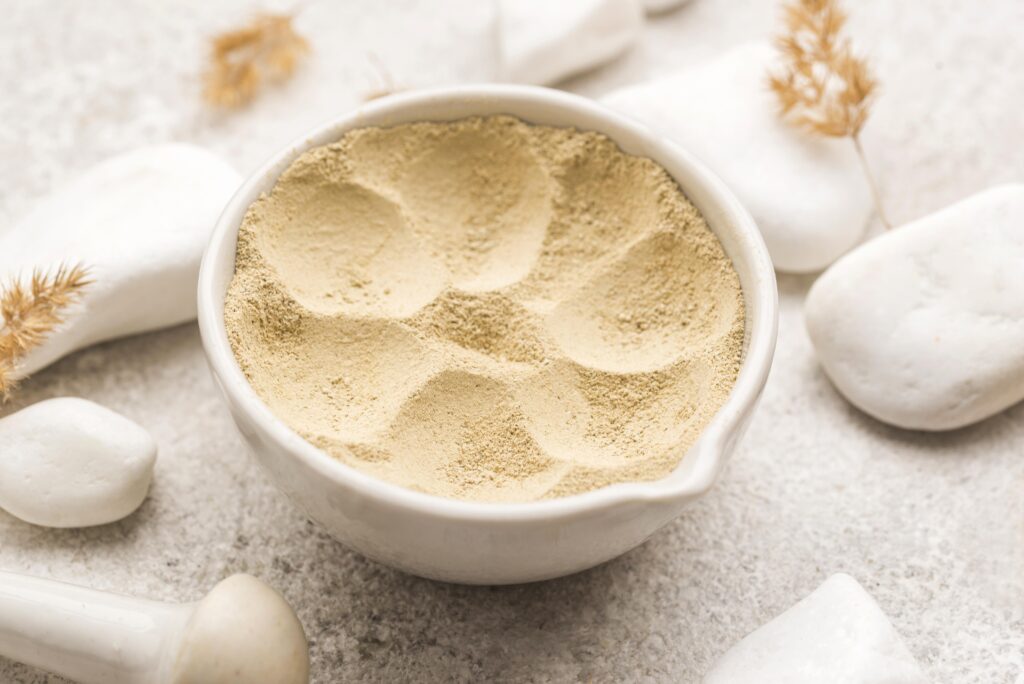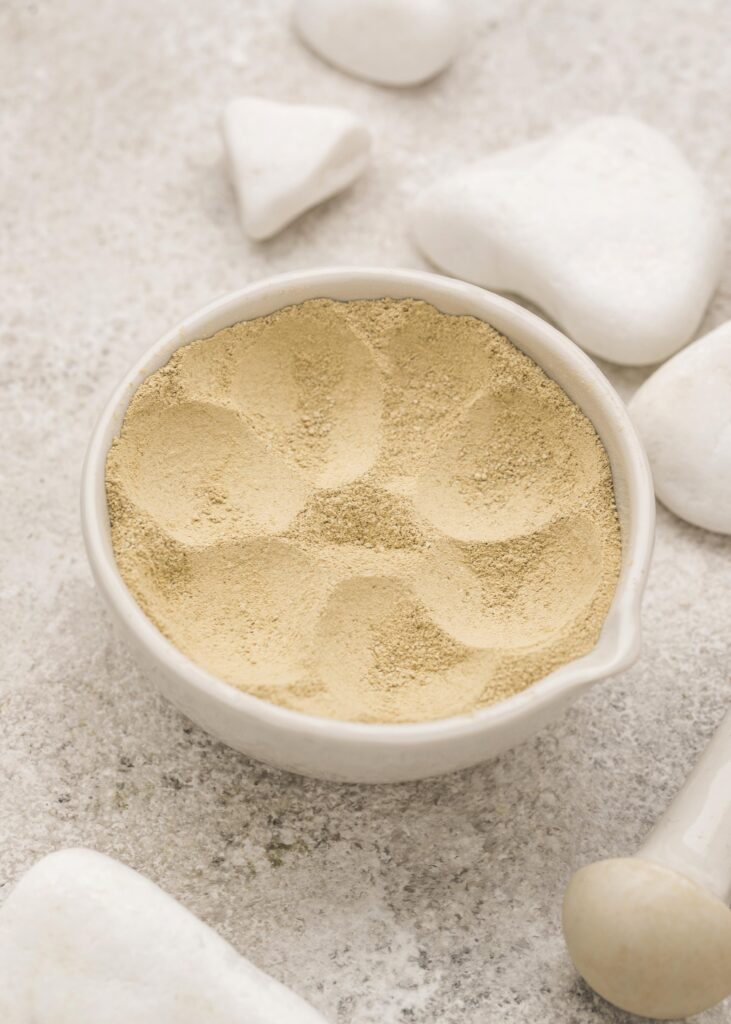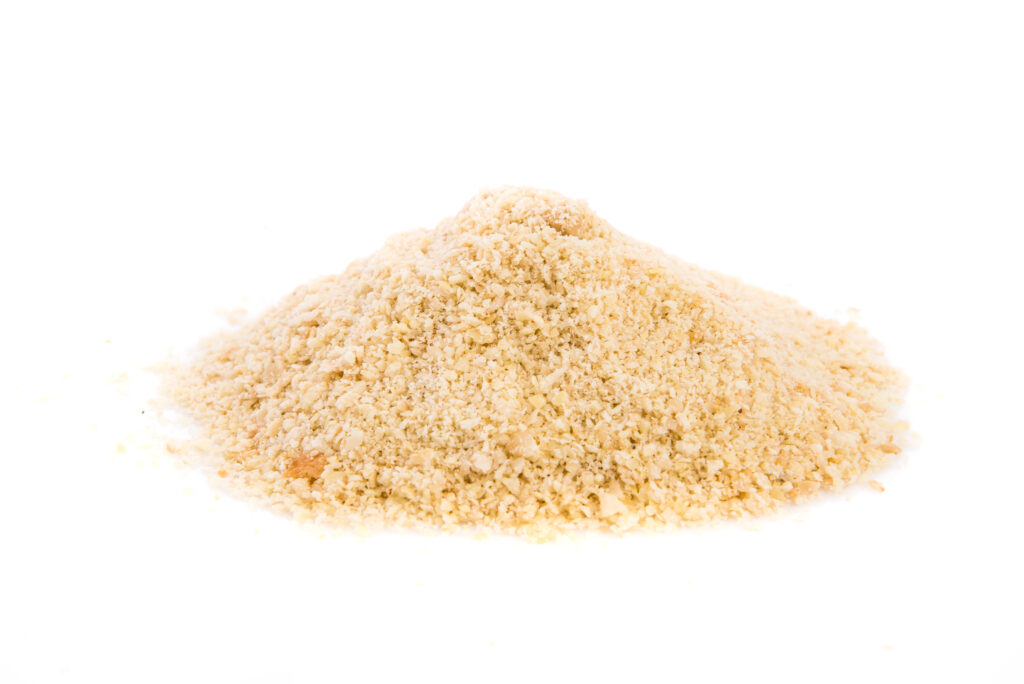Organic Baobab Powder: Health Benefits, Uses & What to Look For
Found in: Weak Spirit (Immunity Support)
What Is Baobab Powder?
Baobab Powder is made from the naturally dried fruit pulp of the baobab tree (Adansonia digitata), also known as the “Tree of Life.” Native to parts of Africa and Madagascar, baobab fruit is a powerful superfood rich in vitamin C, fiber, antioxidants, and essential minerals.
The fruit pulp is naturally air-dried inside the hard pod, then milled into a fine powder—requiring no heat, preservatives, or processing agents. The result is a light, citrusy powder ideal for immunity, digestion, energy, skin health, and detox support.
Why Choose Organic Baobab Powder?
Baobab is not only nutrient-dense but also inherently sustainable, as the fruit dries on the tree, minimizing processing. Organic baobab powder offers:
- Whole-food vitamin C
- Prebiotic soluble and insoluble fiber
- Natural electrolytes (potassium, magnesium)
- Powerful polyphenols and antioxidants
✅ Key Insight: A naturally occurring, raw superfruit powder that supports gut, skin, and immune health—all in one.



